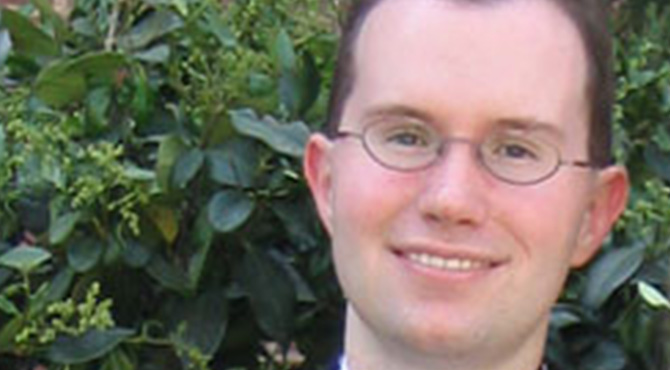Addressing the uncertainties that surround the coordination and performance of 'Distributed Problem Solving Networks' (DPSN), as well as the areas in which these new Internet-based forms offer advantages over more familiar modes of problem-solving.


David A. Bray studied as a PhD candidate researching Information Systems at the Goizueta Business School, Emory University in Atlanta, Georgia. He received a Rotary Ambassadorial Scholarship to study at Oxford University. He previously served for 5 years as IT Chief for the Bioterrorism Preparedness and Response Program at the Centers for Disease Control and Prevention (CDC). David led the technology aspects of the program during the response to 9/11, anthrax in 2001, West Nile Virus, SARS and monkeypox in 2003, influenza, and other major outbreaks. He received the CDC Director’s Award for Information Services in 2004 and subsequently was promoted to Associate Director of Informatics. Prior to CDC, David worked as a senior developer and project manager for Microsoft, Yahoo!, the Institute for Defense Analyses, and the National Institutes of Health. When time permits, he is a volunteer with Habitat for Humanity International as a crew leader and EMT.
David’s research demonstrates that knowledge itself may rapidly lose its relevance due to turbulent environments, particularly among national government institutions and globalized businesses. Organizations instead can cultivate knowledge ecosystems, which employ ‘bottom-up’ (i.e., grassroots) socio-technological approaches, foster inter-individual knowledge exchange opportunities through normative incentives and values, and allow dynamic knowledge exchange activities to occur and evolve, as environmental circumstances require.
Related research includes augmenting the power of group cognition through computers and allowing human individuals to transcend limitations of location and their own bodies through ‘virtual worlds’ existing only in cyberspace-produced realities. Early examples of these concepts already exist, to include the adoption of a Wikipedia-like approach to intelligence gathering within the CIA and the tremendous success of open-source software efforts such as Linux. Additional examples include a healthcare start-up called Sermo.com focused on encouraging the exchange of insights among physicians nationally and the millions of individuals inhabiting the virtual world Second Life. These are all settings where no one individual harbors sufficient knowledge to either mitigate negative outcomes or capitalize on positive opportunities. Knowledge exchanges in these settings must transcend physical group proximity, social networks, and often the institutions themselves.
David’s working papers on BEPress.
Knowledge ecosystems, augmented group cognition, emerging virtual institutions.
Addressing the uncertainties that surround the coordination and performance of 'Distributed Problem Solving Networks' (DPSN), as well as the areas in which these new Internet-based forms offer advantages over more familiar modes of problem-solving.